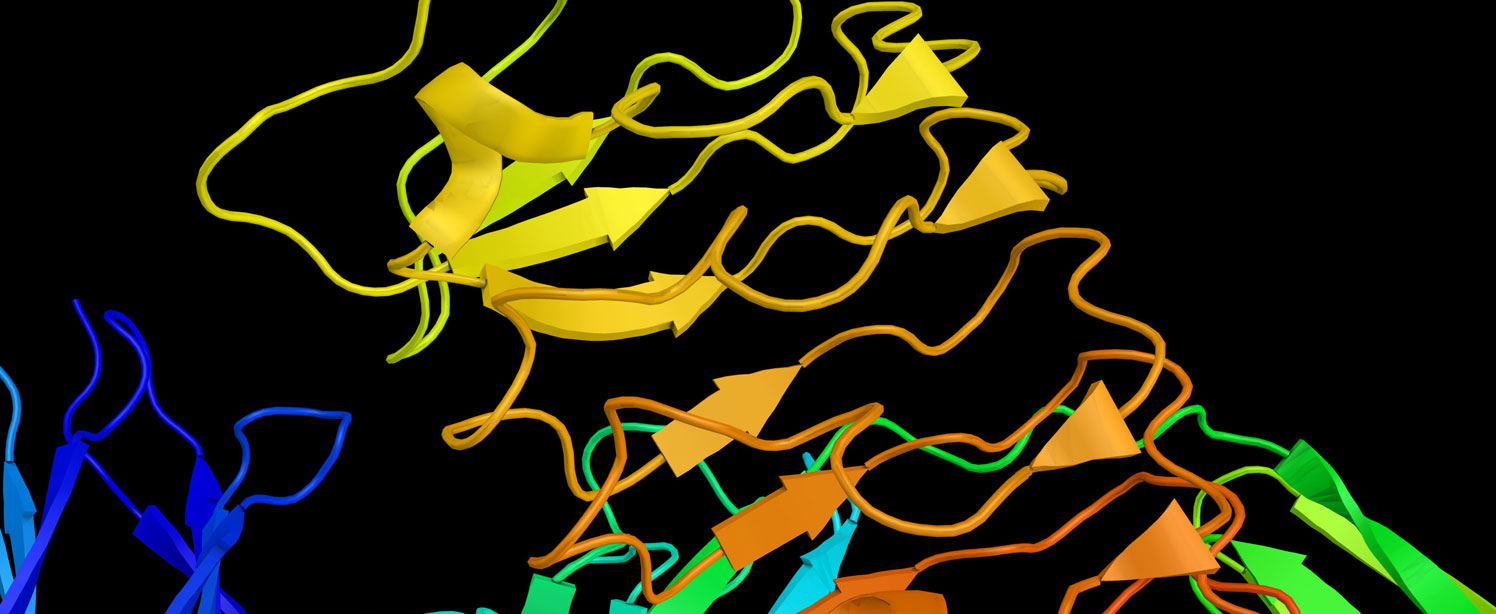BSWRI researcher Erxi Wu, Ph.D. recently co-authored a paper published in Therapeutic Advances in Medical Oncology, which offered research perspectives on the targeting of SLIT/ROBO pathways. The paper, titled “Targeting the SLIT/ROBO pathway in tumor progression: molecular mechanisms and therapeutic perspectives” was written in collaboration with researchers at Xi’an Jiaotong University in China.
According to the authors, the SLIT/ROBO pathway can produce both beneficial and detrimental effects in the growth of cancer cells. The SLITs (SLIT1, SLIT2, and SLIT3) are a family of secreted proteins that mediate positional interactions between cells and their environment during development by signaling through Roundabout (ROBO) receptors (ROBO1, ROBO2, ROBO3, and ROBO4). The SLIT/ROBO pathway is known for mediating axon repulsion in the developing nervous system. In this article, the authors discussed the tumor promotion and tumor suppression roles of the SLIT/ROBO pathway in tumor growth, angiogenesis, migration, and the tumor microenvironment. “Understanding these roles of the SLIT/ROBO pathway in cancer cell behaviors will help us develop more effective cancer therapies,” Wu said.
In this paper, the authors summarized:
- SLIT/ROBO pathway can act as an oncogene in tumor progression.
- SLIT/ROBO pathway can act as tumor suppressor genes in some special tumors.
- Downstream factors, e.g., Abl, and Ena, of the SLIT/ROBO pathway play opposing roles in ROBO signal transduction.
- SLIT/ROBO pathway plays protean roles in the tumor microenvironment.
“We have established a productive collaboration with the research team at Xi’an Jiaotong University through our shared interest in finding cancer therapeutics and elucidating the mechanisms of the targeted therapy for pancreatic cancer, one of the most devastating malignancies,” said Wu.
In addition to this work, Dr. Wu’ s research areas also focus on using tools from human genomics and drug discovery to better understand the biology of brain tumors, pancreatic cancer as well as neurodegenerative diseases and look for their effective therapeutics.



